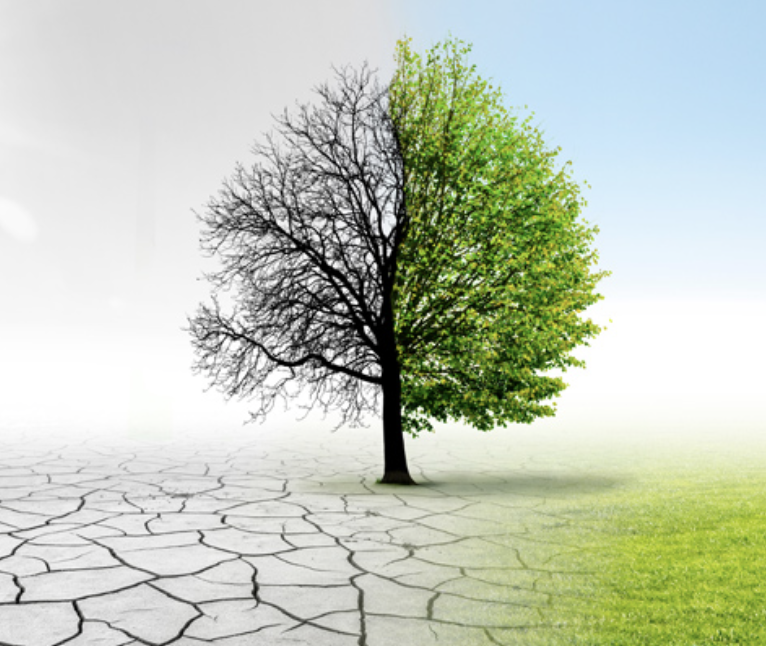Climate Change: What Do Baruchians Think?
January 12, 2023
76% of Americans believe climate change is a current issue in our society today, but only about 53% of You’re wearing a heavy jacket one day in December or January. The next day, the weather app tells you you only need one layer. When you walk outside, you’re sweating a bit.
Sound familiar?
This is one example of how climate change affects our day-to-day lives.
Some people still deny this environmental issue, though.
However, it can be proved by 99% of climate scientists that this issue is genuine and not just a hoax, with humans as the cause of it. For example, the constant release of greenhouse gasses from our factories has been polluting the atmosphere.
Americans believe climate change is an issue caused by humans. Others, though, know climate change will affect future generations. However, they aren’t going out of their way to make a difference.
Approximately 71% of students believe climate change is an urgent problem we must face. Are some of us just blowing this issue out of proportion?
I don’t think so.
100% of Baruch students in a survey I conducted agreed that humans entirely cause the issue, but others outside the school still blame it on the environment.
A large percentage of Americans and scientists believe even though we are the ones who have caused global warming to arise in the first place; we still are not doing enough to slow it down. Studies show people say they want to make a change but never follow through with it. Some others, though, actively take measures such as using public transportation, recycling, and attending protests to get the government to make laws.
Further research shows people have different opinions based on race and income status. Those who are not as wealthy and are people of color believe climate change is an urgent issue that needs to be addressed. These people are affected more because they reside in those areas and have to deal with the issue more personally.
Younger generations also hear about global warming more often than older ones because the issue is often discussed on social media. There are Twitter threads and informational Instagram posts we read and repost.
We need to be careful not to spread misinformation, but its apparent global warming is affecting us when you only need one layer in December.












